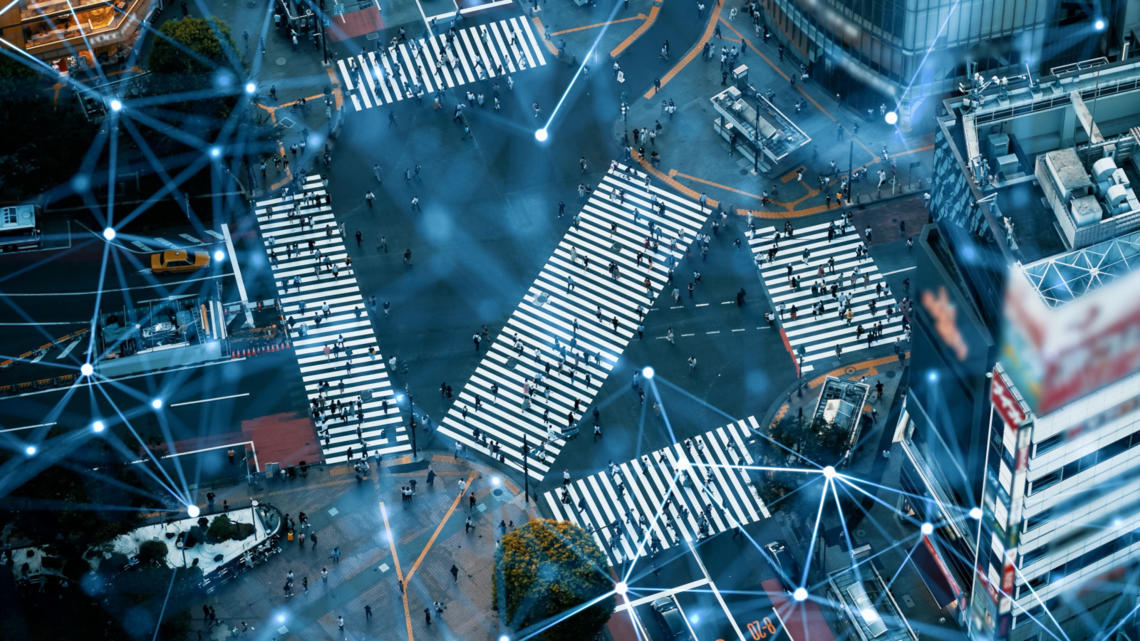The Growing Divide: Society's Development Trails Behind Technological Advancements

In an era defined by rapid technological progress, society finds itself navigating uncharted territory, where the pace of innovation often outstrips our ability to adapt and evolve. While advancements in technology have brought about unprecedented convenience, connectivity, and prosperity, they have also exposed deep-seated inequalities, ethical dilemmas, and social challenges that threaten to widen the gap between progress and humanity. In this article, we will explore the complex relationship between technological advancements and societal development, examining how the gap between the two continues to grow and the implications it holds for the future.
The Accelerating Pace of Technological Innovation

The 21st century has witnessed an explosion of technological innovation, driven by breakthroughs in artificial intelligence, biotechnology, renewable energy, and digital connectivity. From the proliferation of smartphones and social media to the rise of autonomous vehicles and blockchain technology, advancements have transformed every aspect of our lives, reshaping industries, economies, and cultures in the process. The rapid pace of change shows no signs of slowing down, with emerging technologies promising to revolutionize healthcare, transportation, finance, and beyond.
The Lagging Progress of Societal Development

Despite the promise of technological advancements to improve lives and enhance human potential, society's development has struggled to keep pace with the dizzying speed of innovation. Economic disparities persist, with wealth and opportunity concentrated in the hands of a privileged few while millions struggle to make ends meet. Social inequalities, including those based on race, gender, and geography, continue to divide communities and limit access to education, healthcare, and economic opportunities. Environmental degradation, exacerbated by unsustainable consumption and resource depletion, threatens the health of our planet and the well-being of future generations.
The Digital Divide and Technological Exclusion
One of the most pressing challenges of the digital age is the digital divide, which refers to the gap between those who have access to digital technologies and those who do not. While the internet has become an essential tool for communication, education, and economic participation, billions of people around the world still lack reliable internet access, particularly in rural and low-income areas. This digital divide exacerbates existing inequalities and perpetuates social exclusion, limiting opportunities for social and economic advancement.
Ethical Dilemmas and Technological Impact
As technology becomes increasingly integrated into every aspect of our lives, it raises profound ethical dilemmas and moral questions that society is struggling to address. Issues such as data privacy, algorithmic bias, and the impact of automation on employment are just a few examples of the complex challenges posed by technological advancements. The rise of artificial intelligence and machine learning, in particular, has sparked debates about the ethical use of these powerful tools and their potential to exacerbate existing inequalities and perpetuate discrimination.
The Need for Ethical and Inclusive Technological Development
In order to bridge the gap between technological advancements and societal development, it is imperative that we prioritize ethical and inclusive technological development. This requires a concerted effort to address the root causes of social inequality, including poverty, discrimination, and lack of access to education and healthcare. It also requires a commitment to designing and implementing technologies that are inclusive, equitable, and respectful of human rights.
Empowering Communities Through Technology
Despite the challenges we face, there is reason for optimism. Technology has the potential to empower communities, amplify voices, and drive positive social change. From grassroots movements using social media to mobilize support for social justice causes to innovations in renewable energy that promise to combat climate change, there are countless examples of how technology can be a force for good in the world. By harnessing the power of technology to address pressing social and environmental challenges, we can create a more equitable and sustainable future for all.
Conclusion: Closing the Gap Between Progress and Humanity
As we stand at the intersection of technological innovation and societal development, it is clear that the gap between the two is widening. While advancements in technology hold immense promise for the future, they also pose significant risks and challenges that must be addressed. By prioritizing ethical and inclusive technological development, empowering communities through technology, and fostering collaboration and dialogue across sectors, we can work towards closing the gap between progress and humanity, creating a future where technology serves the greater good and advances the well-being of all.






